Meningococcal infection is a life-threatening and communicable disease caused by the bacteria Neisseria meningitidis, or meningococcus. There are 13 known serogroups, of which 6 are the major causes of clinical cases (MenA, B, C, X, W135, and Y). Although less common, severe illness may result in meningitis (infection of the lining of the brain and spinal cord) and septicaemia (infection of the blood). In Hong Kong, 10-20 patients are diagnosed each year sporadically, with a death rate of 10-20%. Even when it is treated, about 20% will suffer permanent disabilities such as hearing loss, brain damage, kidney damage, loss of limbs, nervous system problems, or severe scars from skin grafts.
Meningococcal Vaccines
The disease is mainly transmitted colonized or through respiratory secretions, including droplets from the nose and throat, from infected persons. The incubation period varies from 2-10 days, and is commonly 3-4 days. Meningococcal infection is a preventable disease. Two types of meningococcal vaccines are available in Hong Kong. One covers ACWY types (Nimenrix, Menactra) and the other covers B type (Bexsero, Trumemba). The number of reported cases in China has steadily declined since meningococcal A + C Type vaccine was introduced to the Expanded Programme on Immunisation (EPI) since 2008. As the proportion of A and C cases decline, B type infection is on the rise. In 2018, 50% of meningococcal infections in Hong Kong were caused by type B, followed by 20%, 10% and 20% of type C, W-135 and Y. Since meningitis B vaccine for young kids was not available in Hong Kong until Jun, 2019, the vaccine most people may have received when they were younger covered meningitis ACWY only.
- Children below 5 years, especially infants
- Adolescents
- Patients with immunodeficiency or chronic illness
- Travellers to areas where meningococcal disease is common, or are having epidemic meningococcal disease as announced by authorities, such as Africa, Saudi Arabia, North America or Europe
We strongly recommend both meningococcal ACWY and B vaccines for all children beyond 2 months due to the serious and sporadic nature of meningococcal infection. The schedule will depend on the age of the child.
Common side effects may include soreness, redness, or swelling where the shot is given. Headache, fatigue, diarrhea, irritability, loss of appetite or fever may also occur within 24 hours afterward in 5% of recipients. Most are mild and generally last 1 to 2 days.

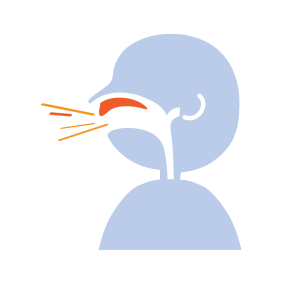
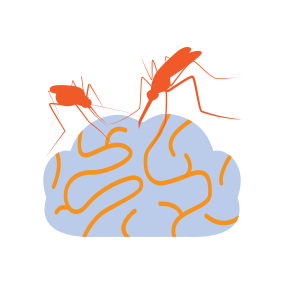
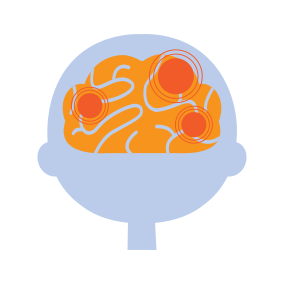
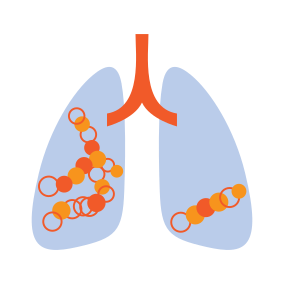
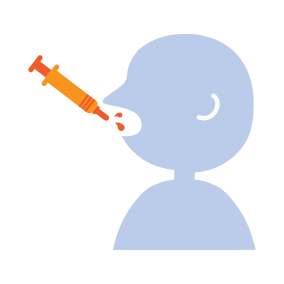
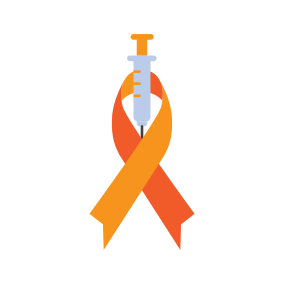
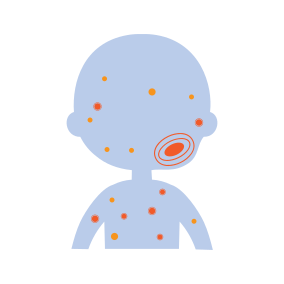
疫苗.png)
